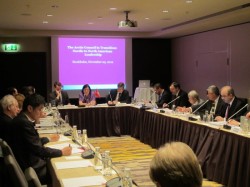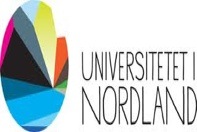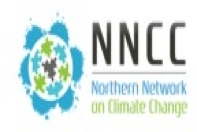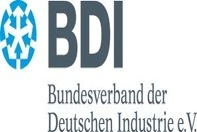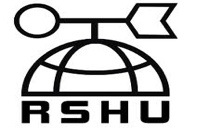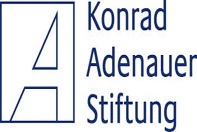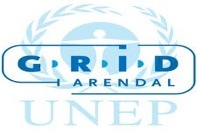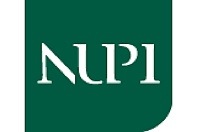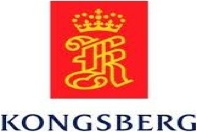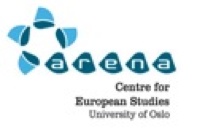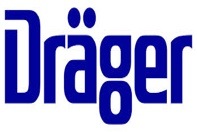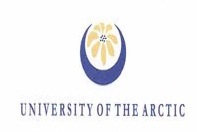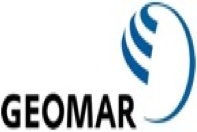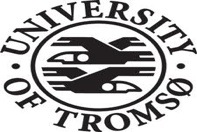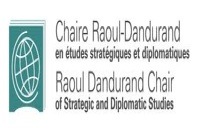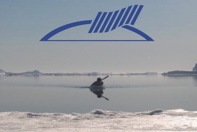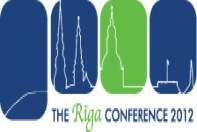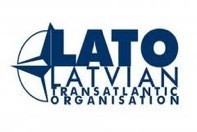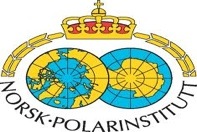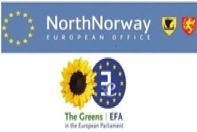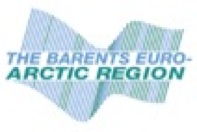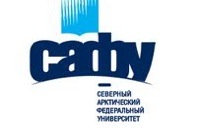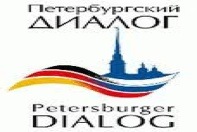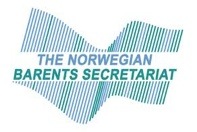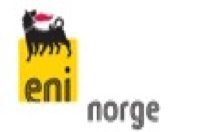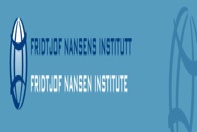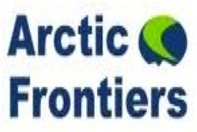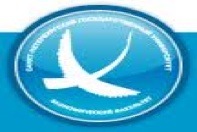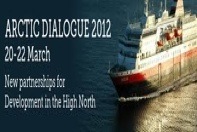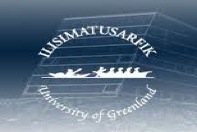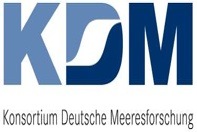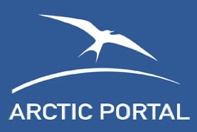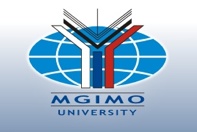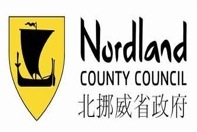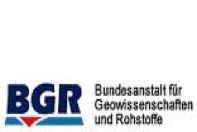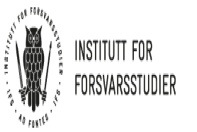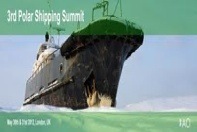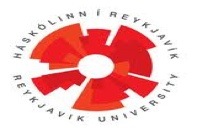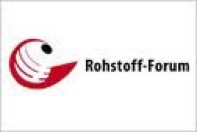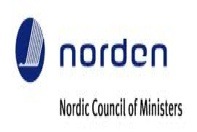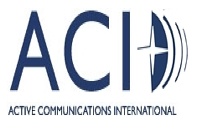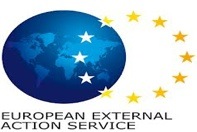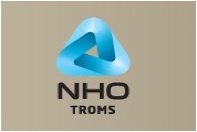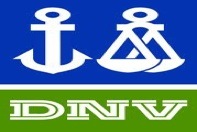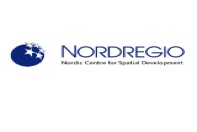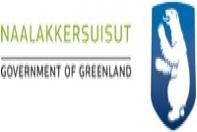The Arctic Council in Transition: Nordic to North American Leadership SIPRI Workshop in Stockholm, November 29, 2012
Officials and experts from Arctic and non-Arctic countries met to discuss the lessons learned during Sweden’s Arctic Council chairmanship, as well as expectations for the incoming chair, Canada. Steffen Weber, the Secretary General at the Arctic Forum Foundation, contributed to the workshop as a speaker. Participants discussed the situation of indigenous peoples, the role of industry in the Arctic, environmental issues, the question of observer status in the Arctic Council and the role of the Council in the region’s security governance.
The Swedish chairmanship: lessons learned
Ambassador Gustaf Lind, the SAO of Sweden to the Arctic Council pointed out the main lessons learned from the Swedish chairmanship of the Arctic Council. First, the ability to act as an honest broker is important. The Arctic council is a consensus-based organization, and building trust between different parties is important for achieving results. Second, change is needed and possible. Despite the fact that the international community is experiencing significant problems with multilateral governance these days, the Arctic remains a positive example. The Arctic Council has managed to develop a multilateral framework for cooperation on a range of issues because there was a common understanding that the Arctic Council needs to be adapted to different demands and challenges.
The Upcoming Canadian chairmanship: prospects
During the workshop the Canadian Ambassador to Sweden Kenneth Macartney gave some insights to the priorities of the upcoming Canadian Chairmanship of the Arctic Council. According to Ambassador McCartney the overarching theme for the Canadian chairmanship will be “Development for the people of the North, creating conditions in the North for dynamic economic growth, vibrant communities and healthy ecosystems.” The Chairmanship will also focus on the issues of:
- responsible arctic resource development;
- responsible and safe Arctic shipping;
- sustainable circumpolar communities.
Evolution of the Arctic Council: outcomes of the day’s discussions
The Arctic is becoming a more complex and dynamic environment. The challenge of balancing and integrating political, security, business, environmental and indigenous interests is becoming more urgent. At the same time, innovative responses emerge, to the diversity of governance to which processes the Arctic Council is central. Today, the Council is much more politicized than when it was founded in 1996. It is more a political animal and not just a debate club. One of the successes of the Arctic council is that it has been able to evolve ahead of new pressures and a challenge of the future is to maintain that role and continue to be able to adapt.
With regards to the security questions the issue of confidence-building measures was mentioned repeatedly. In a way, the Arctic council is a confidence building mechanism. The fact that countries have been able to cooperate and continue to develop Arctic governance within the framework of the council may help preventing the kind of tension that is common in other regions where similar uncertainties around resources and legal regimes exists.
Looking at the Arctic from a global prospective, the region may provide interesting lessons for the wider international community. In a time when the world is experiencing a crisis of multilateral governance, the Arctic council is an interesting example of working governance. Despite different approaches to the council from the Nordic countries, North America and Russia, the Arctic Council is still the primary venue for cooperation in the region.
Emerging questions
What exactly is driving the processes of cooperation within the Arctic Council? It has never been an organization of shared sovereignty like the EU; and there seem to be no intention of going down that road. Is it just a coalition of states benefiting from the demarcation of territories while enjoying the political stability with which the council can contribute? What will happen to the organization once the Arctic shelf is divided? The attempt by countries outside the region and non-state actors to globalize the Arctic also raises questions. Today, the Arctic states are interested in establishing the rules of the Arctic within a state-based system. To what extent will the Arctic states allow the region to be integrated in the rest of the world and surrender parts of their sovereignty to transnational and global processes?
Written by Ekaterina Klimenko
Research Assistant, Armed Conflict and Conflict Management Programme, SIPRI
